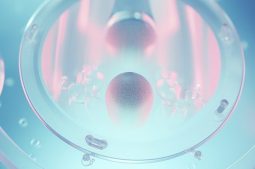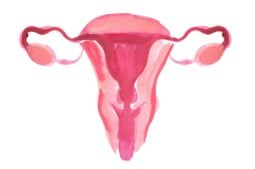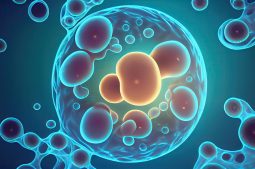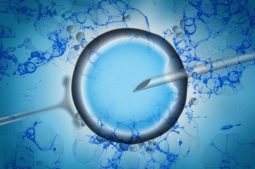

When a woman embarks on the journey to motherhood through reproductive medicine, eggs play a crucial role in the future success of treatment. That’s why, in this article, we discuss egg quality, what causes poor quality, signs of bad egg quality, and potential measures to improve it. What Is egg quality? When we talk about… View Article

What is a septate uterus? Unless you have a medical background, you may struggle for a definition. You may assume that it has something to do with infection because the word is similar to sepsis or septic, but this is not the case. The word comes from septum, which is simply a tissue dividing two chambers, such as those found in the heart or the middle of the nose. A septate uterus is therefore a uterus which is divided into two by a septum.

Bloating during ovulation is common in the menstrual cycle. Many women are affected by this annoying sensation, which is caused by hormonal changes. However, this is not a problem that should dictate daily life and routine. Today, we will talk about this bloating: symptoms, causes and how to differentiate it from premenstrual syndrome. We will… View Article

Elite athletes and fertility is a recurrent consultation, as the practice of women’s sports has spread throughout Europe. This has led to an increase in women pursuing sports professionally. The Nordic and Central European countries lead in women’s sports participation, with football being the primary sport. They are closely followed by athletics, cross-country skiing, basketball,… View Article

When you’re trying to conceive, it’s natural that all your senses are on high alert for any little changes that might be early signs of pregnancy. Everyone knows that the first strong indicator of pregnancy is a missed period, but what about early signs of pregnancy even before a missed period? Early symptoms can be… View Article

How do hormones control the menstrual cycle? The menstrual cycle is regulated by an interaction between reproductive hormones: LH, FSH, estradiol, and progesterone. This process results in follicular growth, ovulation, and the formation of the corpus luteum. If there is no pregnancy, the decrease in progesterone levels leads to the shedding of the endometrial lining… View Article

At the 39th edition of the European Society of Human Reproduction and Embryology (ESHRE) Congress, we presented new research focused on diagnosing endometria with good and poor prognosis. This is now possible through the combination of Artificial Intelligence algorithms and transcriptomics. What role does the endometrium play in carrying a pregnancy to term? Infertility is… View Article

One of the studies presented in the current edition of ESHRE shows a new protocol for frozen embryo transfer (FET). This advancement allows for greater flexibility in the timing of the transfer, with a window of almost 7 days, without compromising treatment outcomes. Scheduled embryo transfer At IVI, we always advocate for applying personalized reproductive… View Article

This study, conducted by the IVI Foundation and presented at the 39th Congress of the European Society of Human Reproduction and Embryology (ESHRE), analyzed the presence of non-essential trace elements in follicular fluid, plasma, and urine on both the day of ovarian puncture and embryo transfer. Thanks to this study, we now know that poorer… View Article

One of the most emotional moments of pregnancy undoubtedly is the first ultrasound. The first image of the embryo in the mother’s uterus, during the early weeks of gestation, is a unique experience for the expectant parents. The emotional impact is possibly even greater in the case of pregnancies achieved through IVF. The first ultrasound… View Article
